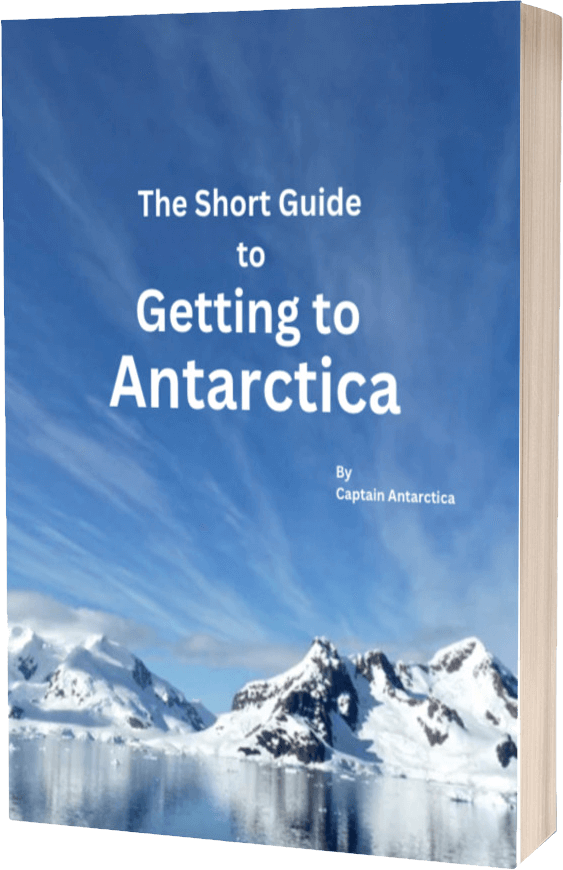WHAT’S HAPPENING TO THE WORLD’S WEATHER?

In september, 2018, there were seven superstorms active in the tropics at the same time, including Hurricane Florence and Super Typhoon Mangkhut.
Researchers at the Intergovernmental Panel on Climate Change agree that hurricanes will get worse, with more intense wind, more rain, and they will last longer. They are unsure whether there will be an increase in the number but those that do form will be stronger.
In the words of President Trump, on Hurricane Florence ‘one of the wettest we’ve ever seen from the standpoint of water’. It doesn’t get more definitive than that 🙂
Climate change is with us now and everywhere on Earth is affected. US government scientists have warned that tens of thousands of people are going to have to evacuate Micronesia by 2050 due to sea level rise.
Some climate change models suggest that daytime temperatures in the Middle East and North Africa will be too high to support humans.
Now I am not an alarmist. The changes are happening. The sea level rise is a concern but it is proceeding relatively slowly and the bulk of the population probably won’t be seriously affected for a century or more. There will be some inconvenience but people will adjust.
The bigger problem is the weather, with an increase in fires, floods, heat waves, storms, etc and their influence on agriculture and human habitation. The tropics may become less habitable for humans, Antarctica may become more habitable but whichever way it goes, there will be an effect.
What I keep pointing out is that Antarctica is a big driver in all of this. It is a giant heat sink. The ice cover regulates the exchange of heat, moisture, and gases between the surrounding atmosphere and the ocean, which eventually affects the whole Earth.
Antarctic bottom water is cold, dense water that has a significant impact on the movement of the world’s oceans. It creates a great oceanic circulation (the Thermohaline circulation) which transports heat from the tropics to the south pole. The ocean is warming and this is likely to affect bottom water and ocean circulation.
The ice cap, as well as sea ice, reflects the sun’s heat back into space, keeping Earth’s temperatures liveable. As the sea ice melts Earth will absorb more heat and temperatures will rise. Unfortunately, we don’t understand yet all the ways that Antarctica affects our climate and we don’t have enough data to say whether greenhouse gases are affecting Antarctica at this stage but increasing water temperature certainly is.
Strangely, the thing that is keeping the bulk of Antarctica cold is the fact that the ozone layer over Antarctica is thin (though healing). Go figure. Climate is complicated.
But if you understand nothing else, just realise that Antarctica affects the worlds weather and any changes in Antarctica will impact everywhere.

